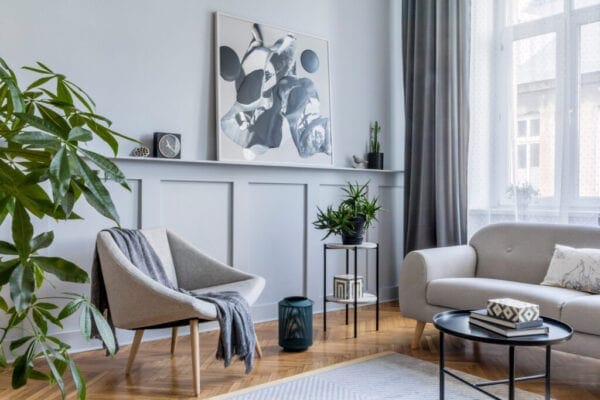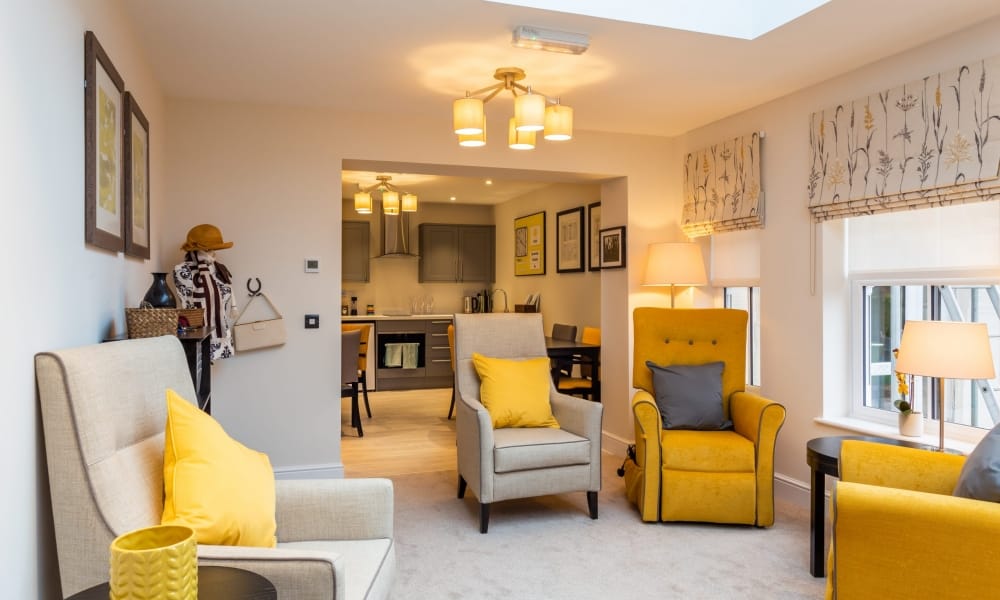Our homes are more than just physical structures. They are places where we seek solace, find comfort, and create lasting memories. The psychology of home goes beyond aesthetics and design principles. It involves understanding the impact our living spaces have on our mental well-being and overall happiness.
The Importance of Comfort
Comfort is a fundamental aspect of a nurturing home environment. When we feel comfortable, we are more likely to relax, unwind, and recharge. Creating a comfortable space involves considering both physical and psychological factors.
Physically, comfortable spaces should have cozy furniture, soft textures, and warm lighting. A comfortable sofa or armchair can provide a sense of relaxation, while plush pillows and blankets add an extra touch of comfort. The lighting should be soft and warm, creating a soothing ambiance.
Psychologically, comfort can be achieved by creating a space that reflects our personal tastes and preferences. Surrounding ourselves with objects that hold sentimental value or evoke positive emotions can contribute to a sense of well-being.
The Power of Nature
Nature has a profound impact on our mental health and well-being. Incorporating natural elements into our homes can create a nurturing and calming environment.
Houseplants not only add beauty and freshness to a space, but they also purify the air and increase oxygen levels. Research has shown that being surrounded by plants can reduce stress, improve mood, and enhance cognitive function.
Another way to bring nature indoors is through natural materials such as wood, stone, or bamboo. These materials have a grounding effect and can create a sense of harmony and tranquility.
The Role of Color
Colors have a significant impact on our emotions and can influence our mood and behavior. Choosing the right colors for our homes can create a nurturing and comfortable atmosphere.
Warm colors like red, orange, and yellow can stimulate energy and create a cozy and inviting atmosphere. These colors are perfect for spaces where socialization and activity take place, such as living rooms or dining areas.
Cool colors like blue, green, and purple have a calming effect and can promote relaxation and tranquility. These colors are ideal for bedrooms or spaces where we seek rest and rejuvenation.
Declutter for Peace of Mind

A cluttered space can lead to a cluttered mind. Keeping our homes organized and free from clutter is essential for creating a nurturing environment.
Decluttering not only improves the physical appearance of our homes but also has a positive impact on our mental well-being. It helps reduce stress, improve focus, and enhance productivity.
Creating storage solutions and implementing organizational systems can make it easier to maintain a clutter-free space. Investing in furniture with built-in storage or using decorative baskets and boxes can help keep things organized and out of sight.
Nurturing Spaces for Well-being
Our homes should be more than just places to sleep and eat. They should be nurturing spaces that promote our well-being and support our mental health. By understanding the psychology of home and implementing strategies to create comfortable and nurturing spaces, we can enhance our overall happiness and quality of life.



